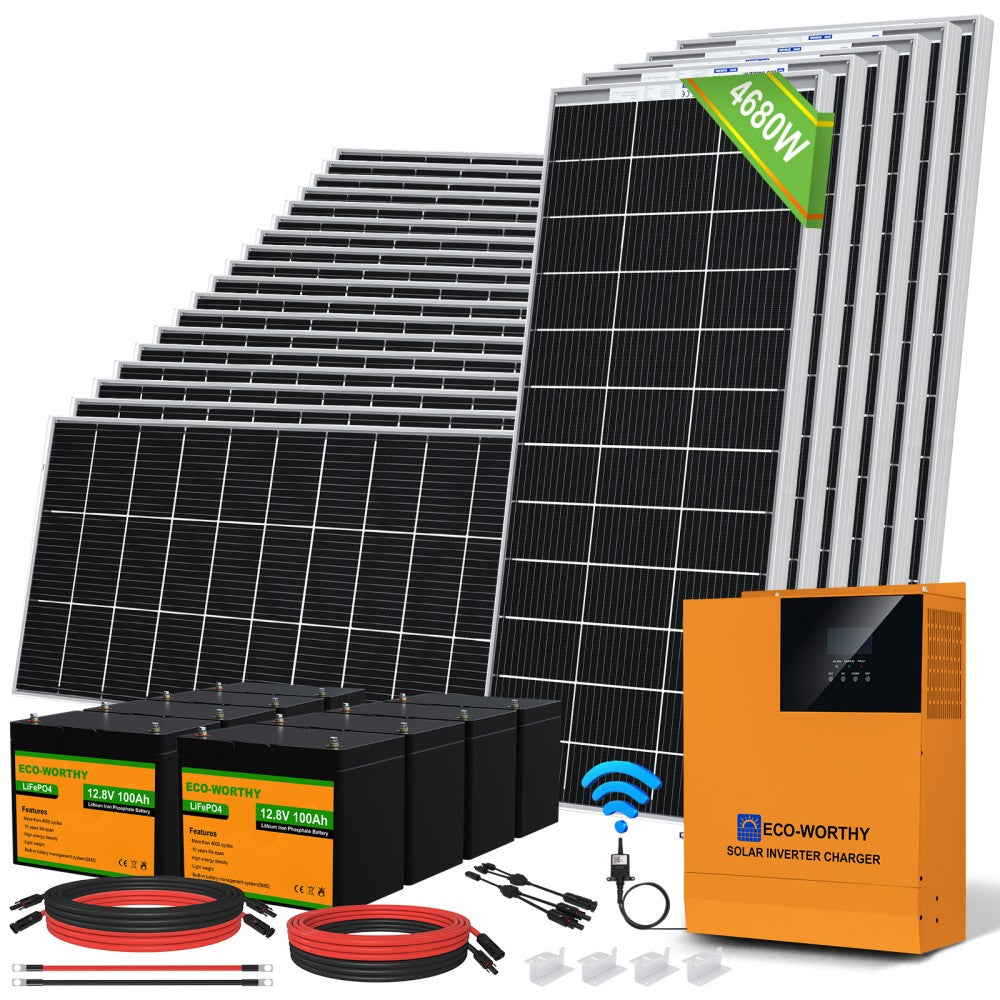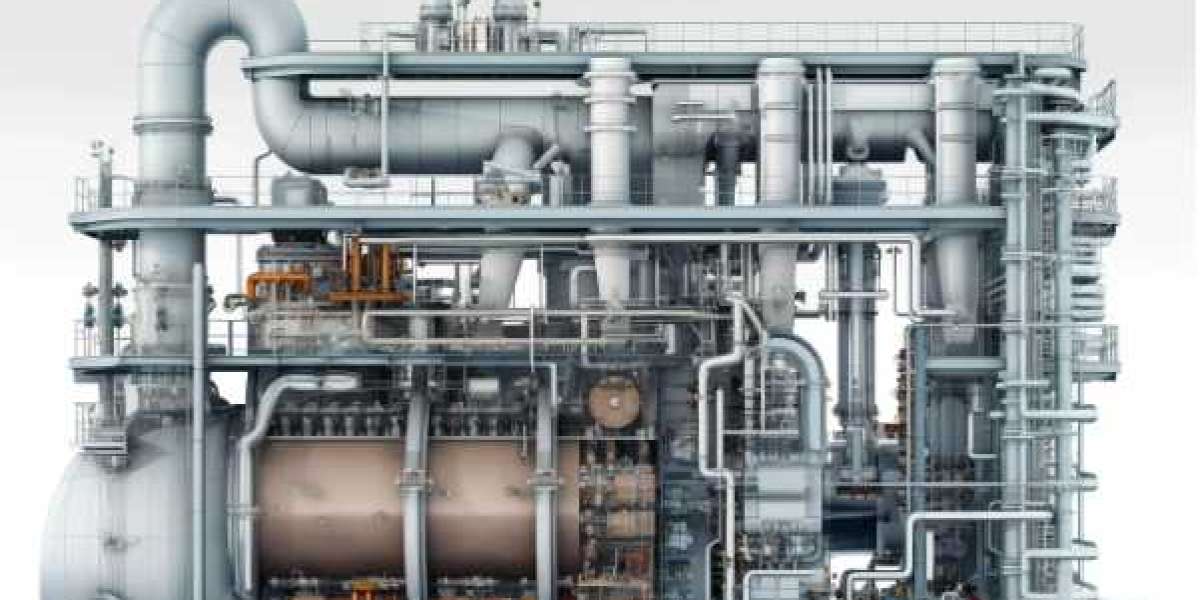In the realm of renewable energy, the off grid inverter plays a pivotal role in ensuring that your system operates efficiently and effectively. Whether you are looking to power a remote cabin, a tiny home, or simply reduce your reliance on the grid, understanding how to select the right inverter is crucial.

What is an Off Grid Inverter?
An off grid inverter is a device that converts direct current (DC) electricity generated by renewable sources, such as solar panels or wind turbines, into alternating current (AC) electricity. This conversion is essential because most household appliances operate on AC power. Without a suitable inverter, the energy produced by your renewable system cannot be used effectively.
Types of Off Grid Inverters
When considering an off grid inverter, it is important to understand the different types available:
- Pure Sine Wave Inverters: These inverters produce a smooth, consistent wave of electricity, making them ideal for sensitive electronics.
- Modified Sine Wave Inverters: While less expensive, these inverters may not be suitable for all devices, particularly those that require a pure sine wave.
- Hybrid Inverters: These versatile units can work with both grid-tied and off-grid systems, providing flexibility for future expansion.
Key Factors to Consider When Choosing an Off Grid Inverter
Choosing the right off grid inverter involves several considerations:
- Power Rating: Assess the total wattage of the appliances you intend to run. Ensure that the inverter can handle both the continuous and peak power requirements.
- Battery Compatibility: Verify that the inverter is compatible with your battery type, whether it be lead-acid, lithium-ion, or another type.
- Efficiency: Look for inverters with high efficiency ratings to maximise the energy output from your renewable sources.
- Features: Consider additional features such as built-in chargers, monitoring systems, and safety protections.
Installation and Maintenance of Off Grid Inverters
Once you have selected the appropriate off grid inverter, proper installation is essential. It is advisable to consult with a professional to ensure that your system is set up safely and efficiently. Regular maintenance checks will also help prolong the life of your inverter and ensure optimal performance.
Conclusion
In summary, selecting the right off grid inverter is a critical step in establishing a successful renewable energy system. By understanding the types of inverters available and considering key factors such as power rating, battery compatibility, and efficiency, you can make an informed decision. Embracing renewable energy not only contributes to sustainability but also empowers you to take control of your energy needs.








